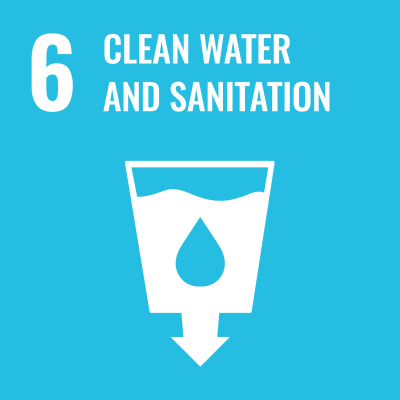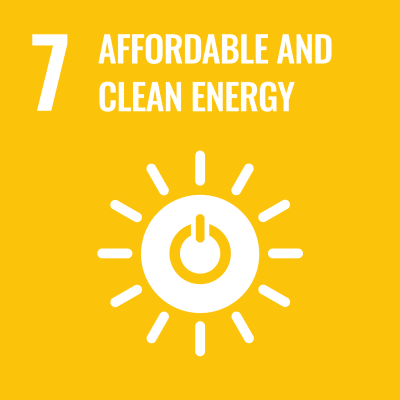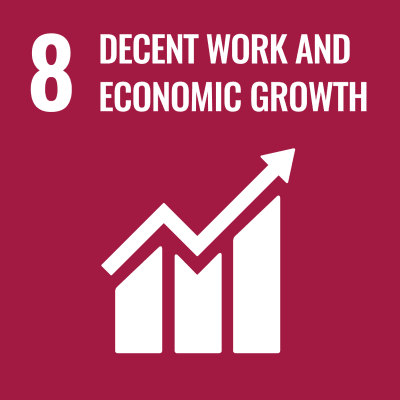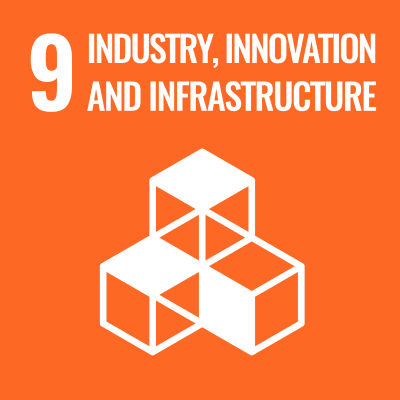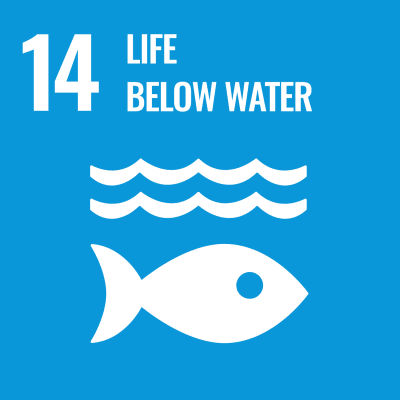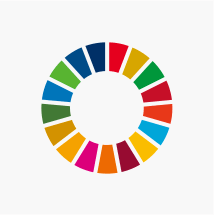-
Institute for the Advancement of Higher Education, Center for Teaching License Support
- Lecturer
- Hiroto FUKUDA
- Research Field
Mathematics Education, Statistics Education
- Keyword(s)
Curriculum, Teaching Unit (Substantial Learning Environment), Modeling
- Research theme
-
- Developmental principles for statistics education curriculum
- Comparison between Japan and New Zealand in statistics education
- Development of teaching unit in statistics education
Outline of research activities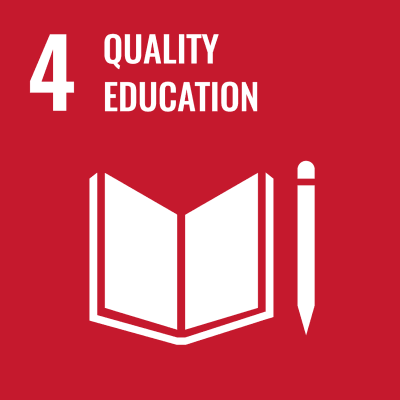

The current society has been the era of the information-oriented society more and more. In addition, humankind is being confronted with a lot of serious issues, especially environmental problems. That’s why they have to try to solve them with the data processing and make decisions. In this sense, it is statistics education that is most important area in mathematics education in order for students to acquire literacy on the data processing and decision-making.
Hence, I focused on the development of statistics education. The objective of my research is to transform from calculus-centered mathematics education curriculum into statistics-centered one. The research methods for achieving this are to analyze and develop the curriculum. About the former, I am comparing Japan with New Zealand because Japan has to cope with globalization and internationalization from now such as New Zealand which has already had much experience on them. About the latter, I selected teaching unit (substantial learning environment) as the theoretical framework which shuttles and integrates between scholarly knowledge and craft knowledge (see Wittmann(2001)’s Figure).
- Desired cooperation
-
- Interdisciplinary research to inquire mathematics education and statistics education in the future from the viewpoint of a great variety of disciplines (e.g., didactics, informatics, philosophy and so on)
-
Institute for the Advancement of Higher Education,
- Professor
- Yoko HASEBE
- Research Field
Educqtion, Socilology, Psyco-sociology
- Keyword(s)
Educqtion, Inter-linguistic & cultural communication, Social transformation, Agriculture and food culture,
- Research theme
-
- interlinguistic and intercultural communication based on the field of education, and its curriculum design and teaching methods
- Social transformation based on the field of education
- Sustainable collaboration model: among public sectors, private sectors, local communities, universities.
Outline of research activities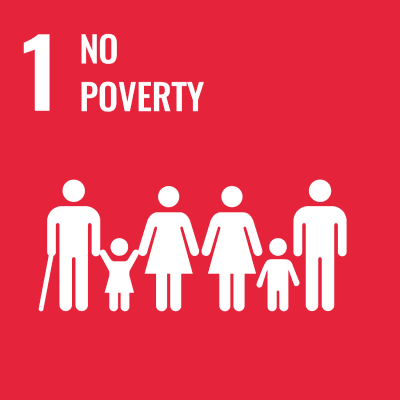
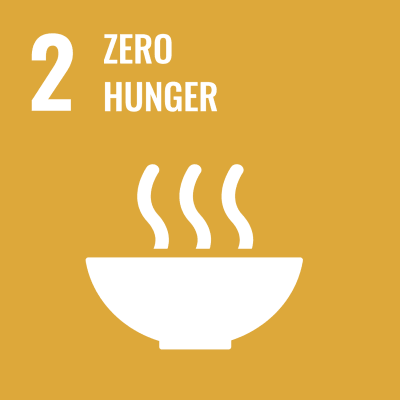
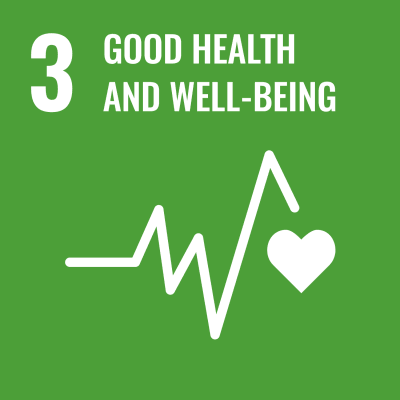

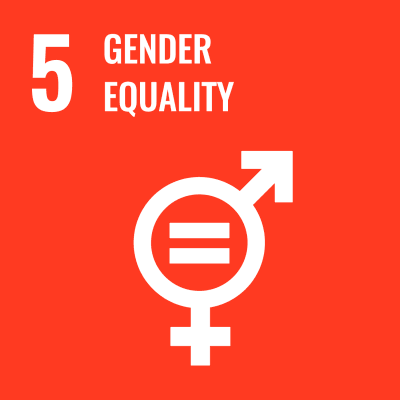
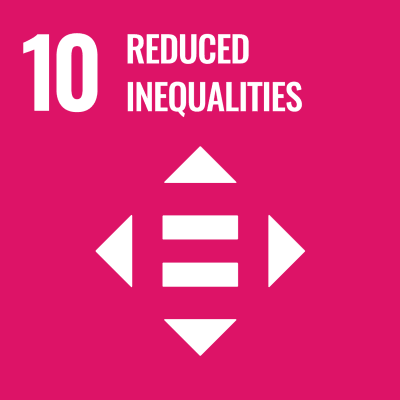
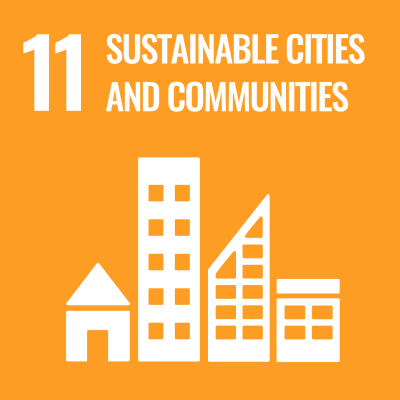
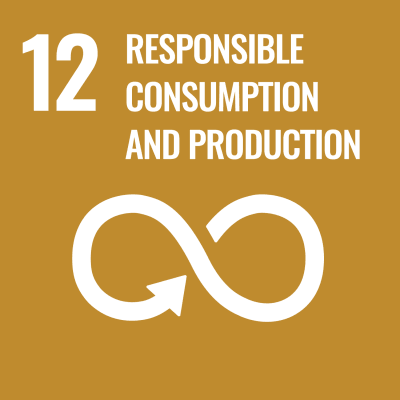
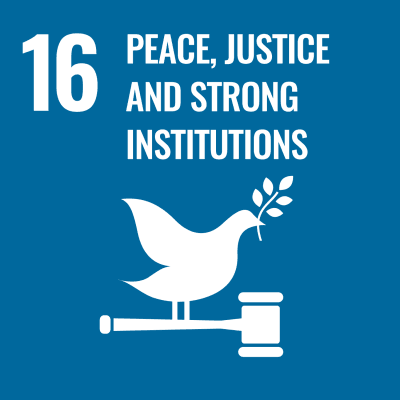

Specializes in education through teaching materials, methods, curriculum design, teachers’ training for inter-linguistic and intercultural communication based on social psychology. In 2007, started “Primary School Project” in Democratic Republic of Congo through intercultural collaboration, has continuously introduced how to create an atmosphere for “mutual collaboration” and “sustainable relationship” with the local community, and is always working with young researchers on the fieldwork-based approach in exploring how to interpret social and cultural phenomena in local communities to develop a model school for the area. We have other related projects in Kagoshima, Yamaguchi, Nagano, Kanagawa, Akita, Aomori.
As my specialty is interlinguistic and intercultural communication based on education, and I am researching its curriculum design and teaching methods. Generally, when we think about intercultural communication, it is exchange with foreign countries that comes to mind. However, even when we are talking with Japanese people, a word can often be interpreted completely differently by the other person, due to individual understandings of the image evoked by that particular word that arises from our diverse backgrounds. Nevertheless, there is the mistaken impression that sharing a language or an interpretation equals understanding, and major communication gaps can arise before we know it.
What is more, my special field of research is the creation of environments for interlinguistic and intercultural communication that generate these kinds of “discoveries.” What steps are required, what kind of settings do we need to create, and what kind of program do we need to assemble? This involves developing a curriculum design, creating an environment that generates sustainable shared understandings as quickly and naturally as possible, and coming up with the methodology to teach the required content and language, for example. We are undertaking this research by putting these concepts into practice through specific projects.- Desired cooperation
-
- Researches on collaboration of education x local community x city design x agriculture and food
- Researches on activating public educational system
- Researches on the process of collaboration between local community and university

